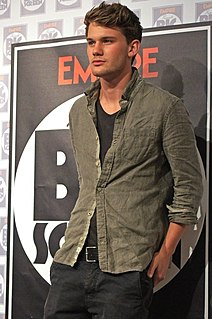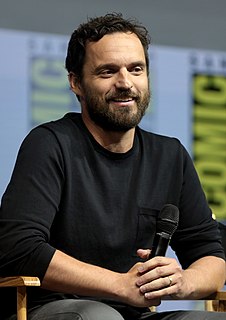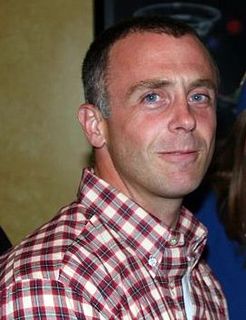A Quote by Aleksandar Hemon
Chicago has very few public spaces where people are encouraged to get together. It's partly to prevent riots, and also to segregate a city with a history of racial segregation.
Related Quotes
Spaces of liberation are, in a certain way, some kind of social spaces where people can not only get together and think about something else, but also act together. If you are thinking about an elemental solidarity, you are thinking about people acting together and taking decisions together, and thereby beginning to think about what sort of society they want to create. So, there is a need for liberated spaces; that is really difficult.
We reject segregation even more militantly than you say you do! We want separation, which is not the same! The Honorable Elijah Muhammad teaches us that segregation is when your life and liberty are controlled, regulated, by someone else. To segregate means to control. Segregation is that which is forced upon inferiors by superiors. But separation is that which is done voluntarily, by two equals - for the good of both!
Berlin is still a very edgy place, a very cosmopolitan place. It's a place where completely different ideas and cultures come together and clash in a very warm way. In a very warm-hearted way. It's a very young city. It's a vibrant city. It's an exciting city. It's a city that's also scarred by history. I think that's to be celebrated and graffiti is to be celebrated. Graffiti in Berlin is very different than when they spray something on the wall dividing the west bank and Israel. And should be treated as such in Berlin.
It's not often that you get to read something that just feels very original for a star but also something that feels like it's more than just a movie or entertainment. Even though the riots were one of the most pivotal riots in civil rights history, especially for the LGBT community, I knew surprisingly very little about them. You don't learn about Stonewall in schools. It's a bit gross really! So it certainly felt like something that was quite important.
It's easy to say why I love coming to Chicago for my signings, because I still remember the very first time I came to Chicago, right before 'Shiver' came out. I remember I was so struck by the feel of the city, how wide open it felt, even with these massive buildings all around me. The parks and green spaces are incredible.
Delhi is a very maligned city, and deservedly so. Yet there's something about it. It's a secret city, it doesn't hang out its wares. It's like a very deep river. Floating right up on top are the institutions of contemporary power: government, politics, media, and then there's the bureaucracy, the diplomatic missions. But it's also the city of intellectual debate, of protest, it's the city where people from all over the country converge to express their anger. And then, underneath all that, there's this crumbling, ancient city, a confluence of so much history.
There is more racial integration in American life and many more people of color serving as elected officials and corporate leaders than there were during my father's time. But there is also reason for concern about new forms of racial oppression, such as measures to make it harder to vote, racial profiling and crushing public worker unions.
[Before the Civil Rights Act of 1964], many governments in southern states forced people to segregate by race. Civil rights advocates fought to repeal these state laws, but failed. So they appealed to the federal government, which responded with the Civil Rights Act of 1964. But this federal law didn't simply repeal state laws compelling segregation. It also prohibited voluntary segregation. What had been mandatory became forbidden. Neither before nor after the Civil Rights Act were people free to make their own decisions about who they associated with.
There is always going to something very grounded about the characters I play, because of my Chicago roots, because the city is so grounded. Even my wife pointed it out when we were in the city, she said that even the architecture is grounded in Chicago, it's so solid. Because it has to deal with winters. There is something about Chicago that keeps people centered and grounded.
The Constitution forbids states from banning all religion from public spaces and from making churches the ghettos of religion where all manifestations of faith are kept separate from public life. Religious people have an equal right to participate in the public square and to have their contributions to Oklahoma history and society recognized.






































